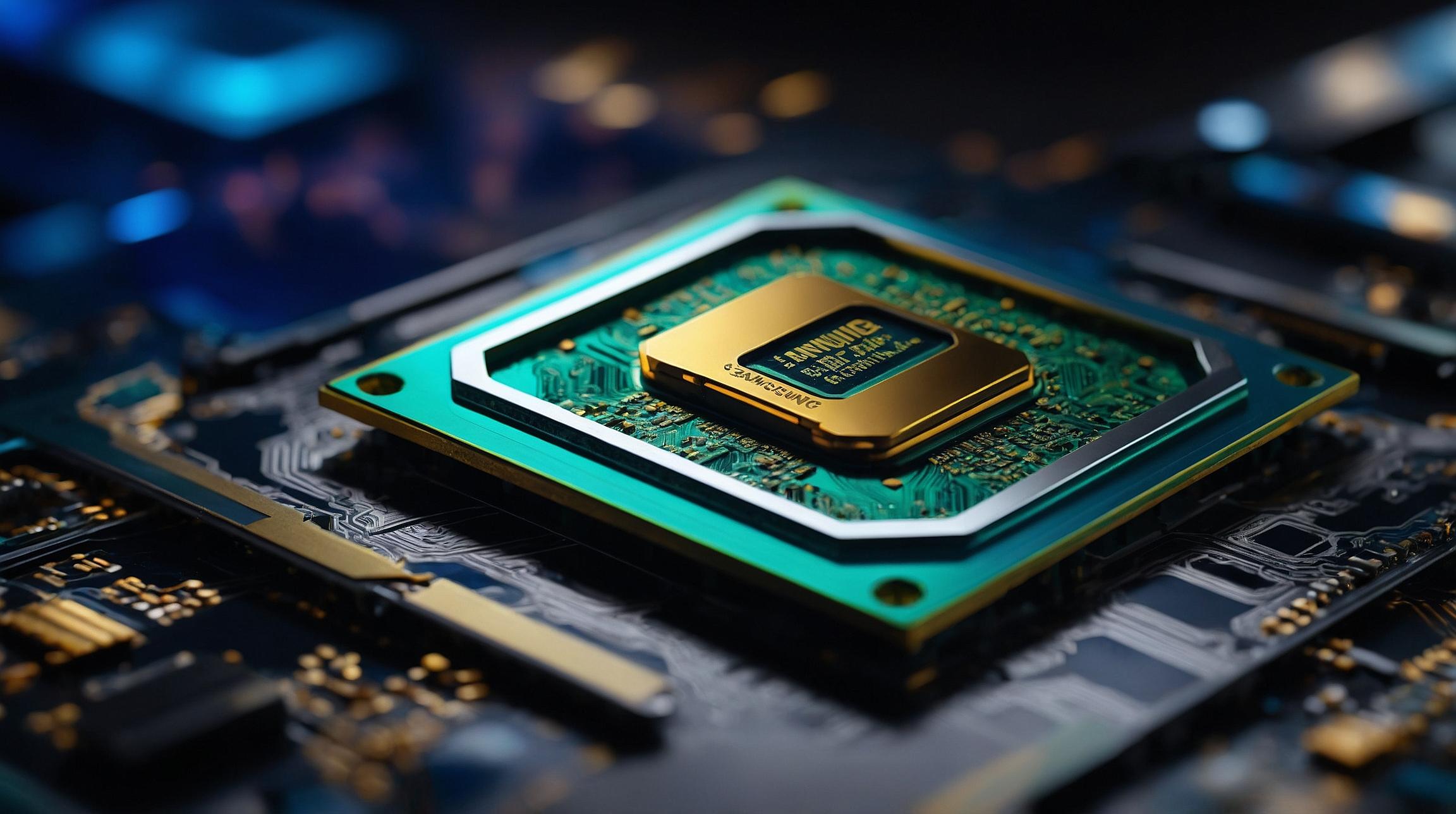Samsung's HBM3E Chips Pass Nvidia's Tests, Set for 2024 Supply
Samsung's 8-layer HBM3E chips have successfully cleared Nvidia's rigorous testing for use in its AI processors, according to sources familiar with the matter. Both companies have opted to remain silent on the topic, declining to offer official comments. This qualification marks a significant milestone for Samsung, which has been in stiff competition with SK Hynix to supply advanced memory chips specifically designed for AI applications.
Though Samsung and Nvidia have yet to finalize a supply agreement for the newly approved 8-layer HBM3E chips, insiders anticipate that shipments could begin as early as the fourth quarter of 2024. It's worth noting that Samsung's more advanced 12-layer version of the HBM3E chips has yet to pass Nvidia's stringent tests.
Understanding HBM Technology
High Bandwidth Memory (HBM) is a specialized type of dynamic random access memory (DRAM) that was first introduced in 2013. HBM involves the vertical stacking of memory chips, which helps to save space and reduce power consumption significantly. This makes it especially suitable for demanding applications like AI and high-performance computing.
Samsung has been on a mission to get its HBM3E chips certified by Nvidia since last year, grappling with challenges related to heat dissipation and power consumption. To address these issues, the company has made substantial design tweaks to its HBM3E models.
Rising Demand and Market Implications
Nvidia's approval of Samsung's latest HBM chips comes on the heels of certifying Samsung's HBM3 chips for use in less sophisticated processors aimed at the Chinese market. This development aligns with a surge in demand for graphics processing units (GPUs), driven primarily by the boom in generative AI technologies. Both Nvidia and other AI chipset manufacturers are currently struggling to meet this escalating demand.
According to research firm TrendForce, HBM3E chips are expected to become mainstream this year, with the bulk of shipments occurring in the second half. SK Hynix estimates that the demand for HBM memory chips could grow at an annual rate of 82% through 2027. Supporting this optimism, Samsung has forecasted that HBM3E chips would constitute 60% of its HBM chip sales by the fourth quarter of the year.
Financial Outlook
For the first half of this year, Samsung's total DRAM chip revenue was estimated to be around 22.5 trillion won ($16.4 billion). Some analysts suggest that approximately 10% of this revenue could be attributed to HBM sales. The three main players in the HBM market are SK Hynix, Micron, and Samsung. SK Hynix has been the primary supplier of HBM chips to Nvidia and has already supplied HBM3E chips as early as late March. Meanwhile, Micron also plans to supply Nvidia with HBM3E chips.
Samsung's success in passing Nvidia's tests for its 8-layer HBM3E chips marks a pivotal step in the expanding HBM market. As both companies move closer to finalizing a supply deal, the broader implications for the semiconductor industry and the burgeoning AI market are substantial.













